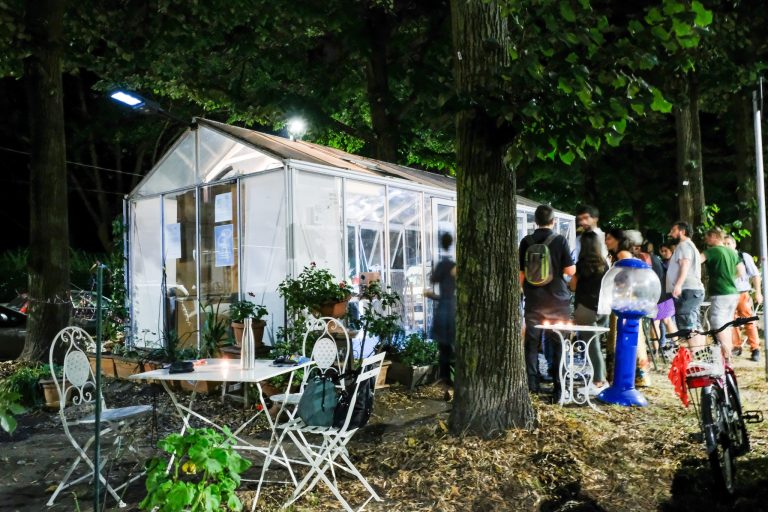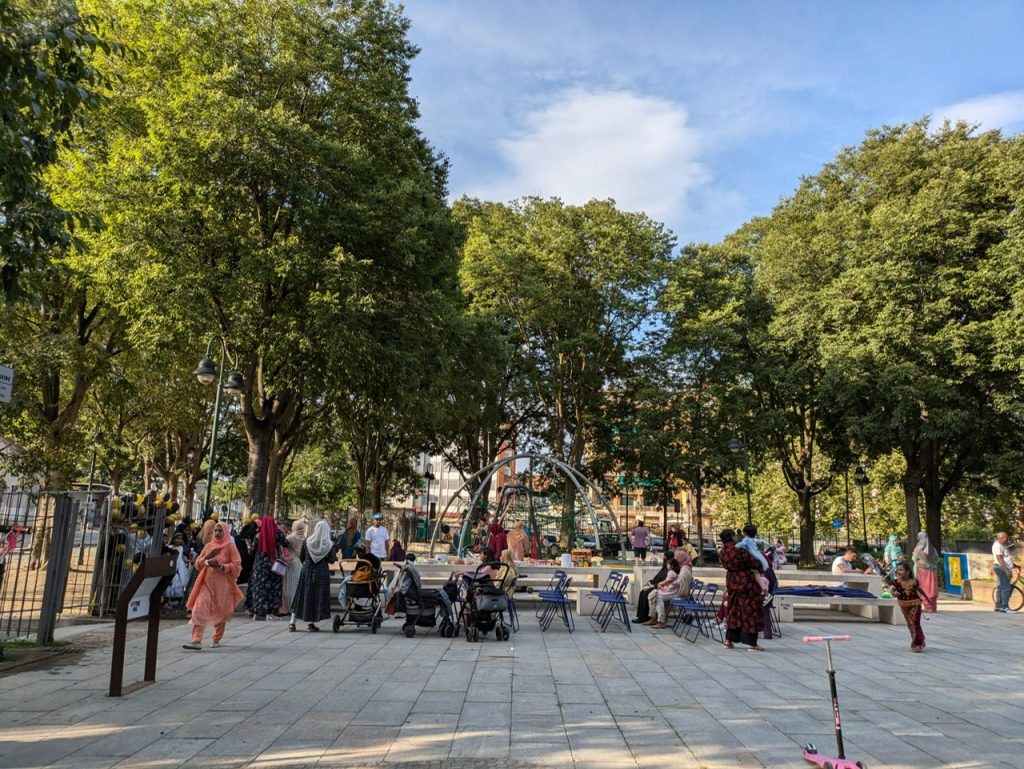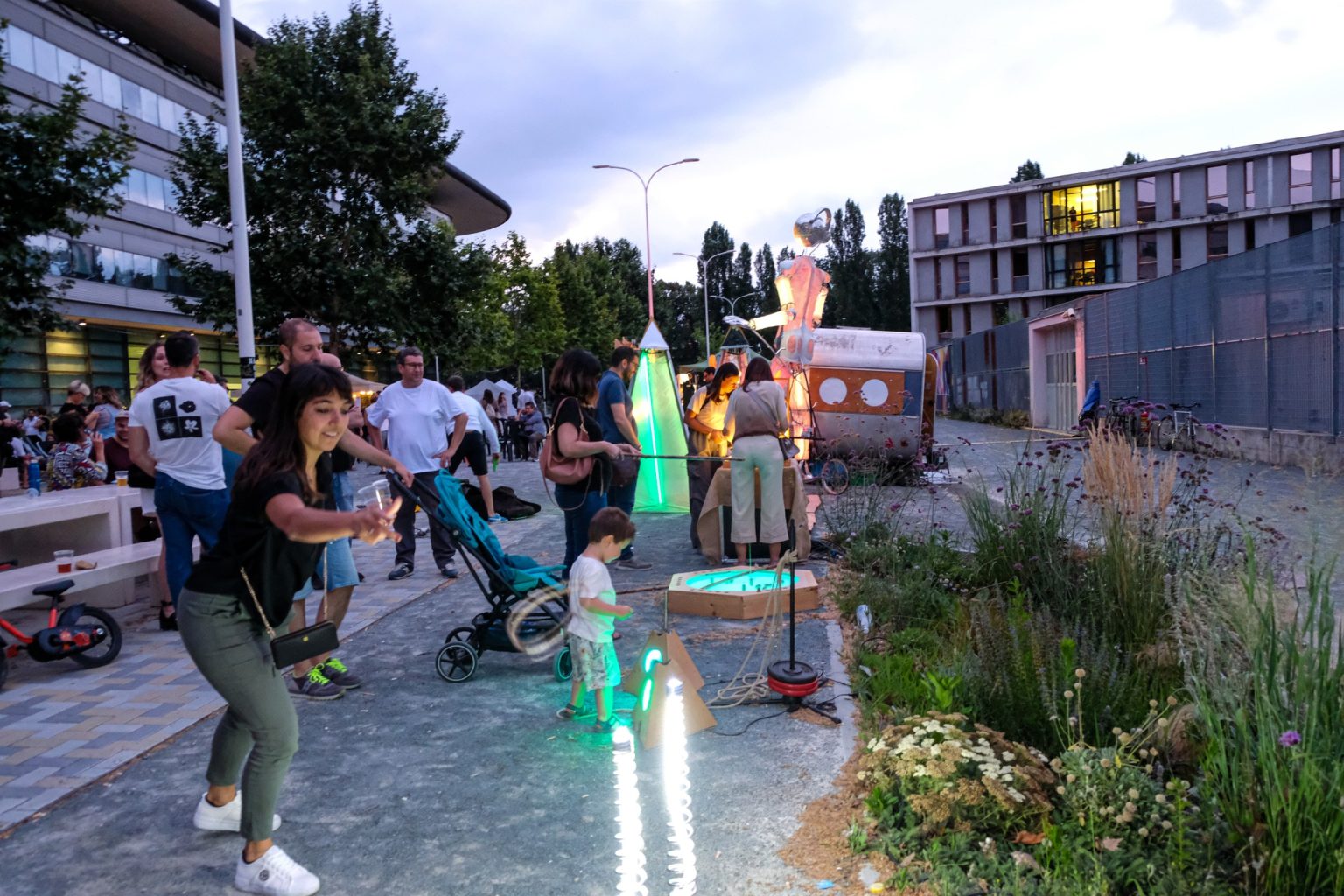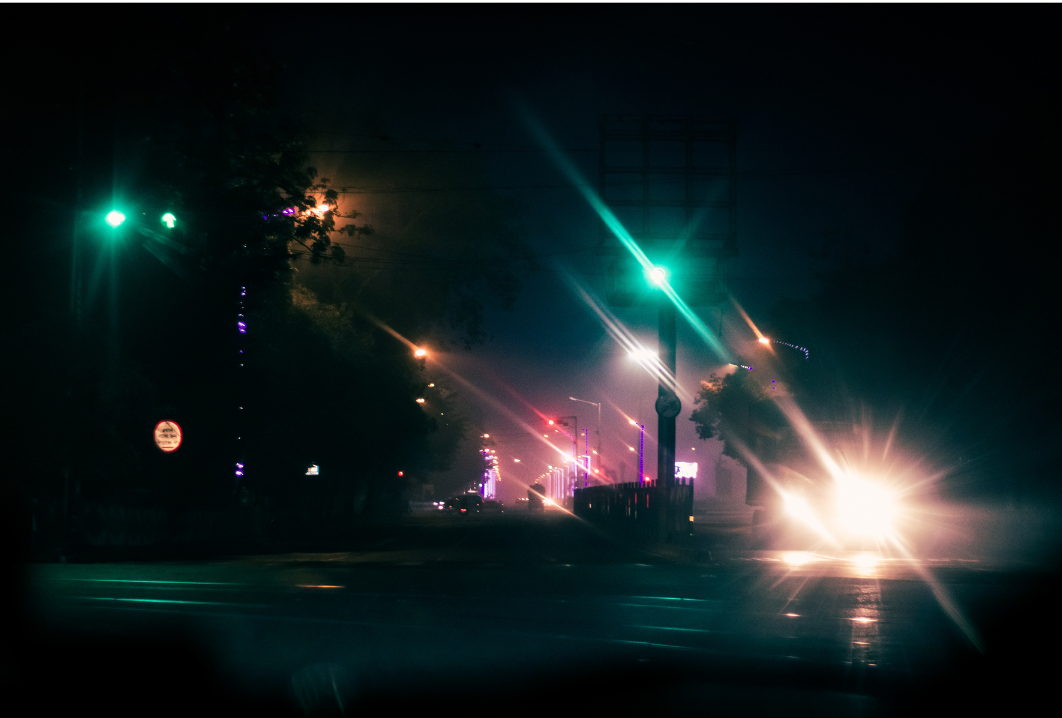Subscribe to our joint NEWSLETTER for
EUTROPIAN &
COOPERATIVE CITY MAGAZINE



2Nite’s innovative, community-driven approach enhances nighttime safety by revitalizing public spaces and fostering social cohesion. Adaptable to other cities, its key strategies include engaging local stakeholders through co-design, revitalizing urban spaces to improve livability, supporting 19 community-led projects for nighttime activities, and using data-driven tools like the Urban Data Platform to measure and predict safety perceptions. By integrating urban regeneration, social innovation, and sustainable policies, 2Nite offers a transferable framework for creating safer, more inclusive, and vibrant cities after dark.
Through the involvement of our colleague Daniela Patti, our role in the 2Nite Project includes:

The 2Nite project brings together cities with a shared goal of making urban spaces safer and more livable at night through community-driven policies. Partners include Riga (Latvia), focusing on revitalizing Soviet-era neighborhoods to reduce nighttime insecurity; Cluj-Napoca (Romania), which seeks to activate underused spaces and empower local communities; Sant Boi de Llobregat (Spain), aiming to design a safe, inclusive nighttime strategy with a focus on youth; and Quadrilátero Urbano (Portugal), which explores innovative solutions for urban safety and a thriving night-time economy across its municipalities. These diverse approaches foster valuable insights for creating safer, more inclusive cities at night.
Enhance urban safety: Improve safety perceptions, particularly at night, through community-led urban regeneration.
Foster community involvement: Engage local residents and stakeholders in co-designing public spaces and safety initiatives.
Promote inclusion: Create safer, more inclusive spaces for diverse groups, including women, children, and the elderly.
Support sustainable development: Implement long-term, environmentally sustainable solutions for urban regeneration.
Boost local economy: Empower local organizations and businesses to improve public space livability.
Data-driven policies: Use data to assess safety, monitor impact, and guide urban planning.
Replicate success: Transfer effective strategies to other cities to broaden impact.

Community-led design: Involving local residents and stakeholders in co-designing public spaces to meet community needs and enhance safety.
Urban regeneration: Revitalizing underused spaces through improvements that boost accessibility, safety, and community interaction.
Social innovation: Introducing sustainable solutions to address insecurity and exclusion while fostering community involvement.
Data-driven decision making: Using digital tools and data to assess safety, measure impact, and inform future policies.
Collaborative partnerships: Building networks with local organizations and stakeholders to engage the community and mobilize resources.
Inclusive nighttime policies: Creating policies that support diverse groups and promote safe, inclusive nighttime activities.
Impact assessment & feedback: Continuously monitoring outcomes and gathering feedback to improve interventions.
| Cookie | Duration | Description |
|---|---|---|
| cookielawinfo-checkbox-analytics | 11 months | This cookie is set by GDPR Cookie Consent plugin. The cookie is used to store the user consent for the cookies in the category "Analytics". |
| cookielawinfo-checkbox-functional | 11 months | The cookie is set by GDPR cookie consent to record the user consent for the cookies in the category "Functional". |
| cookielawinfo-checkbox-necessary | 11 months | This cookie is set by GDPR Cookie Consent plugin. The cookies is used to store the user consent for the cookies in the category "Necessary". |
| cookielawinfo-checkbox-others | 11 months | This cookie is set by GDPR Cookie Consent plugin. The cookie is used to store the user consent for the cookies in the category "Other. |
| cookielawinfo-checkbox-performance | 11 months | This cookie is set by GDPR Cookie Consent plugin. The cookie is used to store the user consent for the cookies in the category "Performance". |
| viewed_cookie_policy | 11 months | The cookie is set by the GDPR Cookie Consent plugin and is used to store whether or not user has consented to the use of cookies. It does not store any personal data. |
